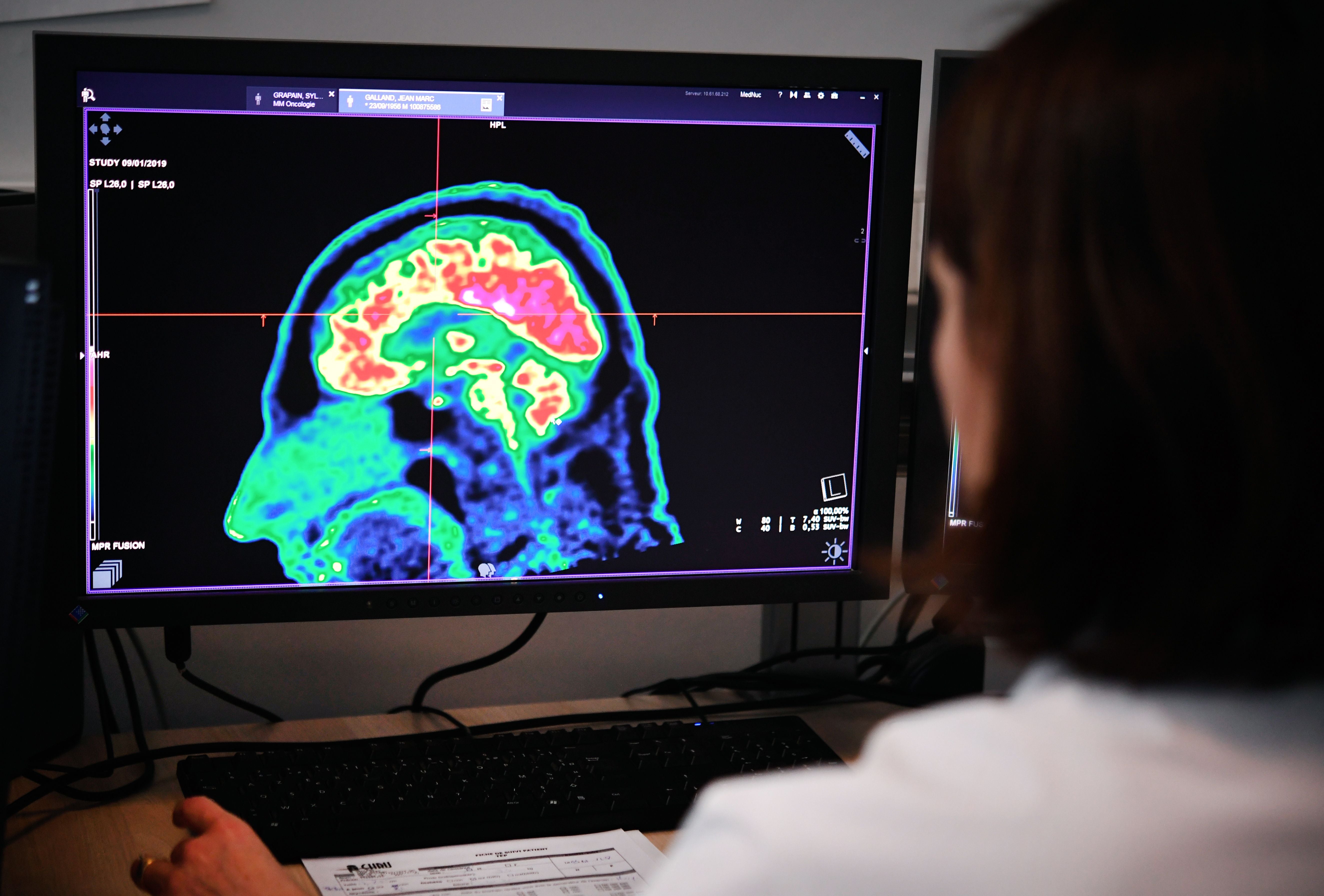MRI scans reveal impact of racism and poverty on Black children’s brains
“We don’t think white people have just categorically different brains than Black people. We really think it’s due to the different experiences these groups have,” the study’s lead researcher said.

MRI scans have revealed how the impact of “toxic stress” caused by racism and poverty on Black children’s brains can impact mental health in later life.
A study published in the American Journal of Psychiatry found that disparities in eight of 14 brain areas were affected by adverse childhood experiences, such as coming from a low household income.
Researchers analysed the MRI scans of Black children in the US to identify differences in the volume of certain brain structures. They found that these could accumulate as children grow older and play a role in the development of mental health issues, such as post-traumatic stress disorder (PTSD), in later life.
Lower brain volume was detected in children with lower household income — both Black and white. However, Black children are more likely to live in lower-income households in the US, as they are in the UK, so they were more likely to be impacted.
“Toxic stress” refers to prolonged exposure to adverse experiences that leads to excessive activation of stress response systems and an accumulation of stress hormones, which in turn disrupt the immune and metabolic regulatory systems and ultimately the developing brain structure.
“Taken together, early-life adversity may act as a toxic stressor that disproportionately impacts Black children as a result of their significantly greater exposure to adversity and contributes to differential neural development of key threat-processing regions,” researchers said.
“The findings from this study thus have important implications for our understanding of the impact of socioeconomic and environmental inequalities on mental health in the United States and our understanding of racial differences in psychiatric disorder development, particularly PTSD (...).
“Although more research is needed on the neurobiological consequences of racial disparities in childhood adversity, the present findings offer new insight into biological impacts of disproportionate stress exposure.”

Black households in America on average, have a lower income, lower educational attainment and higher rates of unemployment and poverty compared with white households.
Research suggests that Black children are more likely to be exposed to trauma and domestic violence and are more likely to have a parent who died, is in prison or are divorced or separated compared with white children.
“These racial disparities are not random,” researchers confirmed. “Rather, they are deep-rooted structural inequalities that result from a history of disenfranchisement of racially minoritised groups (e.g., slavery, segregation) that reinforce themselves through societal norms and practices (i.e., systemic racism).”
Some psychologists have long attempted to assert the egregious and discredited theory that Black people’s brains are different because they are inferior.
However, given that race is a social construct and all human beings are 99.9 per cent identical in their genetic makeup, the study has been hailed as further proof that social inequalities are a key determinant in health inequalities, and not the other way around.
Nathaniel G. Harnett, who led the study and is director of the Neurobiology of Affective Traumatic Experiences Laboratory at McLean Hospital, said: “There’s this (...) view that Black and white people have different brains.
“When you do brain scans, you’ll sometimes see differences in how the brain responds to different stimuli, or there might be differences in the size of different brain regions.”
“But we don’t think that’s due to skin color. We don’t think white people have just categorically different brains than Black people. We really think it’s due to the different experiences these groups have,” he said.
Join our commenting forum
Join thought-provoking conversations, follow other Independent readers and see their replies
Comments



Bookmark popover
Removed from bookmarks